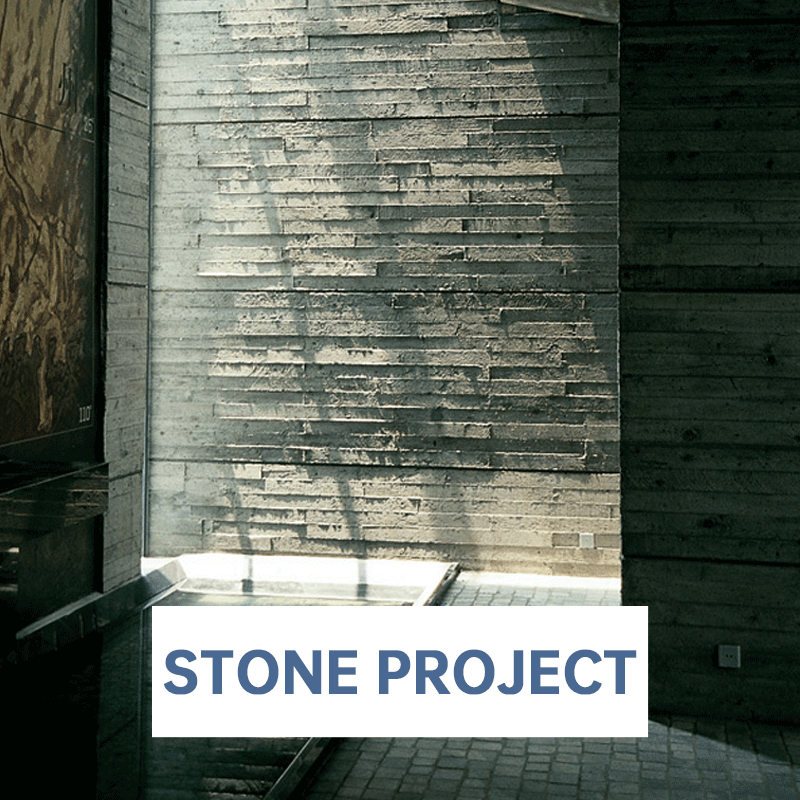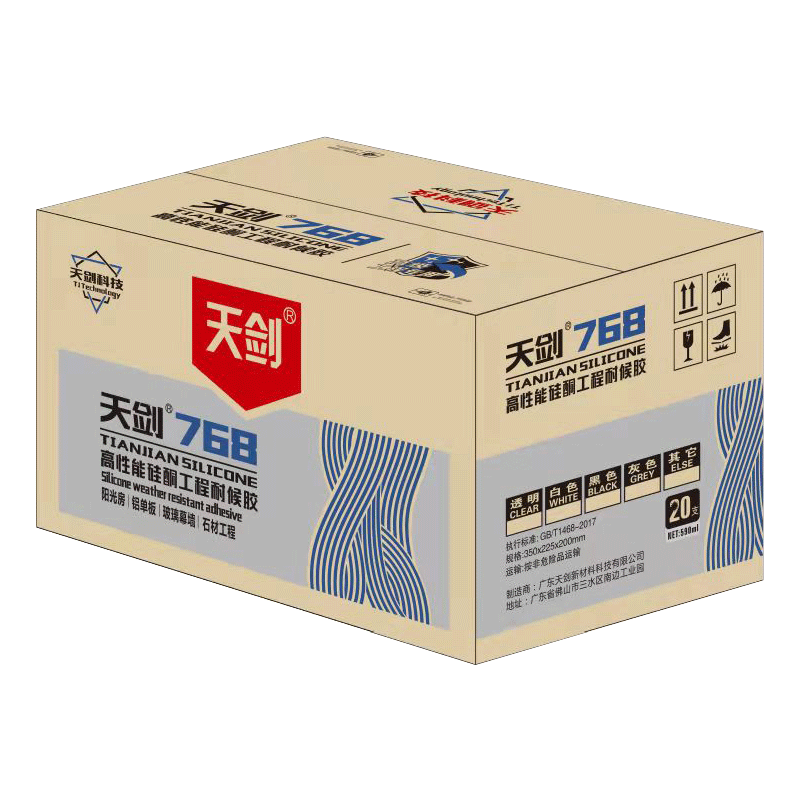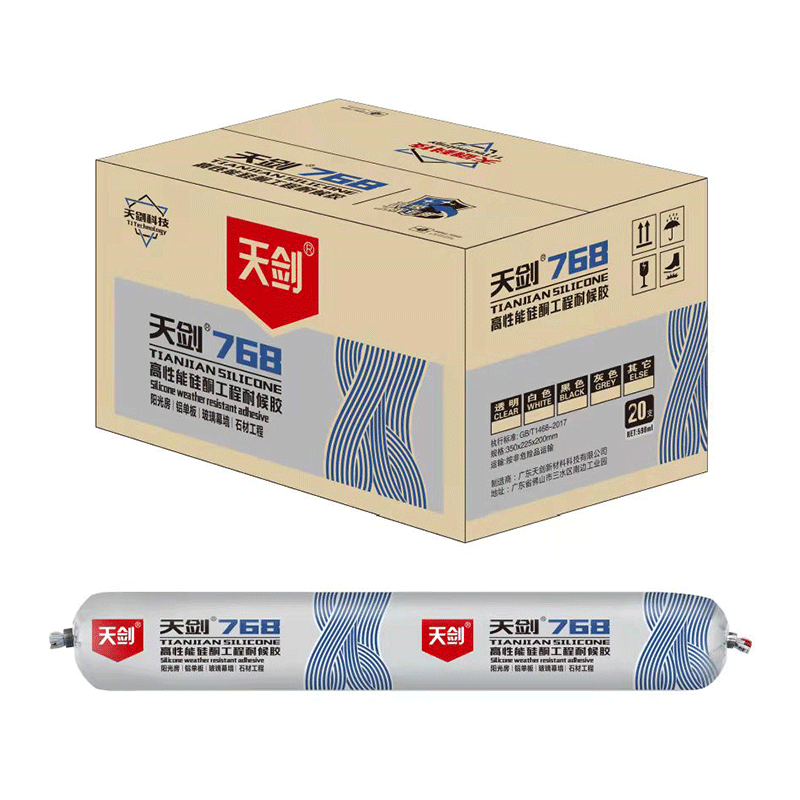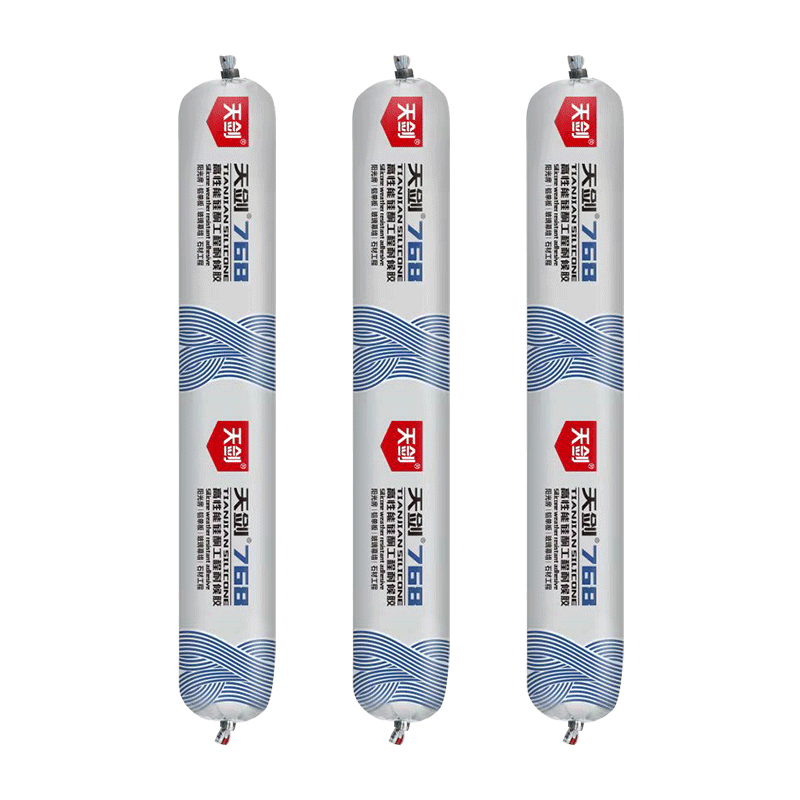Building Sealant
2022-11-08

Classification:
1. Classification by basic polymer
Including: silicone, polyurethane, polysulfide, acrylic acid, butyl, asphalt and oily resin modified products. Among them, silicone, polysulfide and polyurethane, the three room temperature curing elastic sealants, are most widely used in China, especially silicone sealant products.
Due to its special molecular structure, silicone sealant has the characteristics of both inorganic and organic polymers. The raw glue of silicone adhesive is a polymer with Si-O as the main chain. Its bond energy is 106Kcal/mol, while the C-O and C-C bond energies of common polymer materials are both small, 80 and 85.2cal/mol, respectively. In other words, if the Si-O chemical bond is broken, it must require higher energy. Therefore, the silicone adhesive is stable, with superior UV resistance, ozone resistance, weather aging resistance, temperature resistance, and single component and two-component applications. At the same time, products with different performance requirements can be manufactured according to the needs of buildings, Especially in the structural bonding application of hidden frame glass curtain wall, it is irreplaceable by other materials. In addition, the raw material industry of silicone sealant production in China is relatively large and mature compared with polysulfide and polyurethane, and silicone building sealant products account for more than 60% of the use of building sealant in China. Modified silicone products are also widely used in construction abroad, but in China, they are limited to other fields.
Polysulfide sealant for building was used as adhesive seal for oil resistance and solvent resistance in aircraft, aviation and other fields as early as the 1960s, and was also used for building joint sealing in China in the 1980s. Due to the high production cost of raw materials, it has been basically replaced by silicone products. However, polysulfide sealant has good air permeability, oil resistance and solvent resistance. It is still widely used in the manufacture of insulating glass, and partially used for anti-corrosion sealing of construction joint sewage, garbage dump, oil storage structure and steel structure.
Due to the diversity of molecular structures, polyurethane can be used to manufacture different products with a wide range of moduli, which is suitable for bonding many materials. Because of its flexible molecular chain, its vibration resistance and fatigue performance are very good, especially suitable for bonding of different materials and flexible materials, and its excellent low temperature resistance is widely used in many industries. In the construction field, the application of this material in the United States, Japan, Germany and other developed countries is close to that of silicone products. Due to the backwardness of the raw material industry in China, the development of sealant products is restricted to a certain extent. In addition, there are sealing paste products with less elasticity modified by butyl, acrylic acid, asphalt and oily resin. This kind of product has small elasticity, and can be applied to the parts with low requirements for mechanical displacement of building joints.
2. According to the displacement capacity classification, the performance of building sealing products is judged mainly according to the sealant standard.
No matter the international standard ISO11600, ASTMC920 of the United States, JISA5758 of Japan, BS5889 of the United Kingdom, DIN18540 and 18545 of Germany, the products are classified according to their displacement resistance. The new building sealant product standards in China are all formulated according to ISO11600-2000 Classification and Requirements for Building Structural Sealants. According to the cold tensile/hot compression amplitude of the test, it can be divided into the following levels: 25LM, 25IM, 20LM, 20HM, 12.5, 12.5E, 12.5P, 7.5P. See Table 1-3 for the performance indicators of each level of ISO11600-2000 standard:
The building sealant standards formulated and revised in 2001 in China include JC/T881-2001 sealant for concrete building joints: YJC/T882-2001 sealant for glass curtain wall joints, JC/T883-2001 building sealant for stone
3. The water permeability of single sealing joint is increased by 16 times, and the estimated service life is 4 years
(1) Angular penetration
(2) No connector required
(3) Stable moisture absorption by butyl hot-melt sealant containing desiccant
(4) The calculated life of double seal is 85 years



The bulk properties depend on the chemical properties and physical structure of the main polymer of the sealant, which can be measured repeatedly and accurately. Process property refers to the relevant characteristics of sealant in the manufacturing process. It is self-evident that the use property (product performance) mainly refers to the comprehensive performance of sealant from the formation of cementation process to the formation of cementation joints, which depends on the functional requirements of building joints for sealant. Whether for the exterior protection of the building or the interior decoration of the building; Whether it is window structure or other forms of enclosure and decoration structure, they can be regarded as unit composition, so joints will be generated between each unit, and most of them need to be sealed and filled with sealant. Reasonable design of building joints, understanding of building sealants, reasonable material selection and correct construction of building seals are essential to ensure the success of building joint sealing.

Introduction: Chengdu Jinlida building materials Co., Ltd. was established on July 28, 2016, with its registered address at No. 1349, floor 13, unit 2, building 3, No. 8, Dikang Avenue, high tech Zone (Western District), Chengdu, and its legal representative is Luo Tao. The business scope includes sales of building materials (excluding hazardous chemicals), hardware and electrical equipment, electromechanical equipment, mechanical equipment, electronic products (except for those specially stipulated by the state), security products (excluding licensed business items), agricultural and sideline products (excluding grain, oil, cotton, raw silk, silkworm cocoons and other items specially stipulated by the state), and chemical products (excluding hazardous goods); Lease of construction equipment; Car Rental; Automobile beauty service (excluding motor vehicle maintenance); Property management (operating with relevant qualification license); Cleaning services; Design and construction of building works, foundation works, fire-fighting facilities works, waterproof, anti-corrosion and thermal insulation works, steel structure works, ancient building works, ready mixed concrete works, environmental protection works, indoor and outdoor decoration works; Construction labor subcontracting (operating with qualification certificate); Selling wood products; Sales of metal materials (excluding rare and precious metals); Sales of metal doors and windows; Sales of plastic products; Import and export of goods and technologies. (for projects subject to approval according to law, business activities can be carried out only after approval by relevant departments)
Tao Luo
273882261@qq.com
Jinlida building materials cross border store

